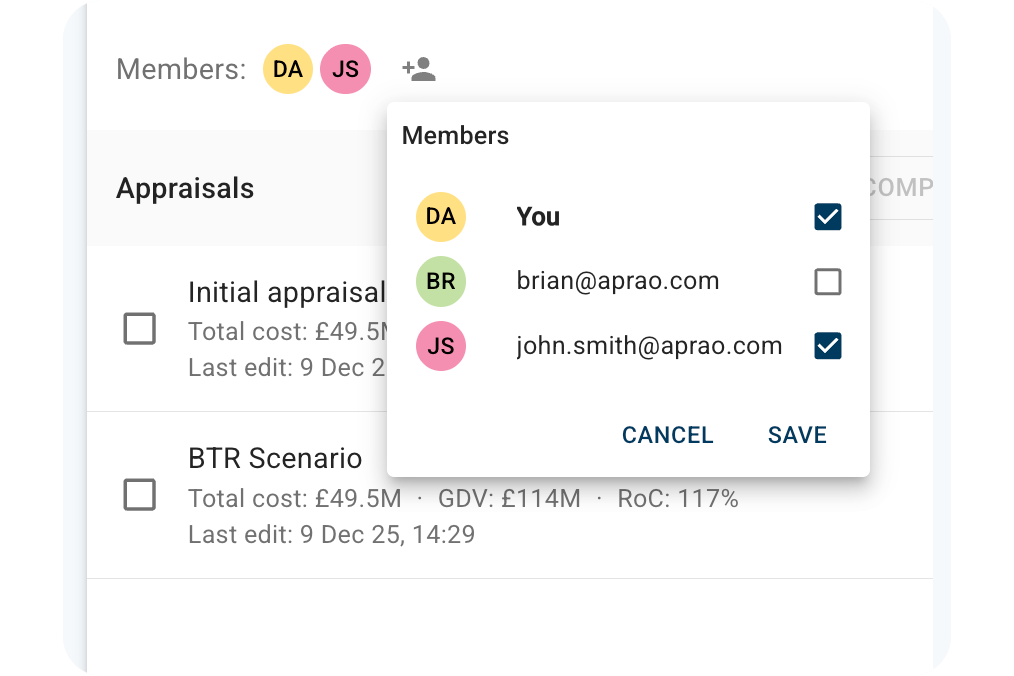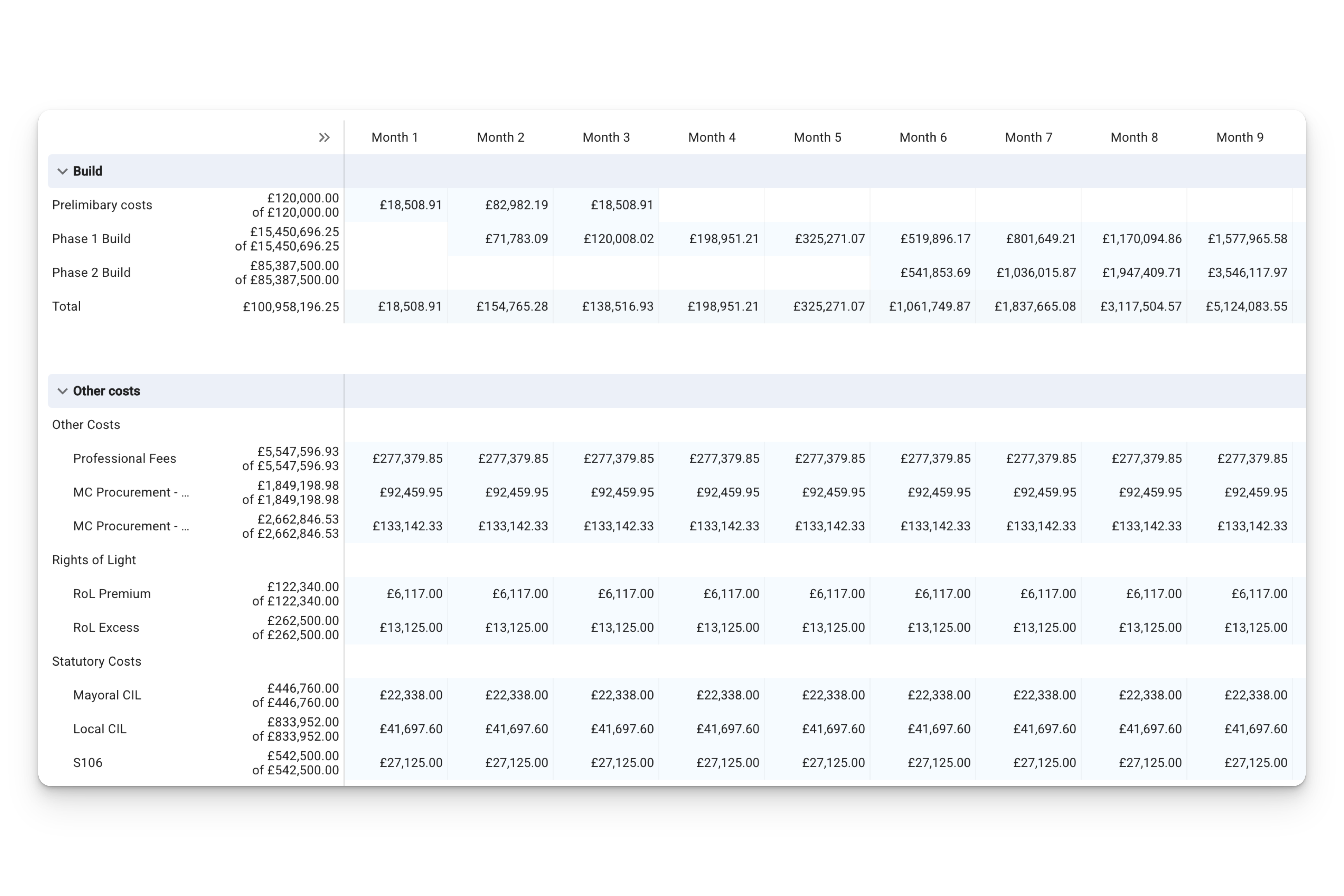What are the biggest trends that will impact the land and planning market this year? How has the pandemic altered business operations and the planning system? 🤔
We sat down to discuss these market conditions with Jonathan Vandermolen, the CEO of Vandermolen Real Estate who gives a comprehensive update on the land market right now and his insight into the UK planning system in particular.
Jonathan Vandermolen has over 35 years of experience within the property industry. He founded the Blenheim Bishop agency in 1991, which was the first independently owned land, development consultancy and new homes business before trying his hand at development and forming Vandermolen Real Estate in 2018. Since then, Jonathan has developed a reputation as a thought leader in the residential development market, and is a regular contributor to the Estates Gazette, with a particular focus on changes in the planning system.
As a firm, they specialise in the sale of residential land with and without planning, permitted development, residential investment including existing blocks of flats, new developments - let and vacant, HMOs, shops and upper parts. Areas of coverage extend to all the London boroughs, Berkshire, Bedfordshire, Essex, Kent, Hertfordshire and Surrey. They have also done deals in Basingstoke, Northampton, Fleet and Southampton. Here's what Jonathan had to say about the UK land market in 2022.
You have been working in real estate for over 35 years, how does the current market compare to others - say, the post-financial crash market?
"If you look at the crash of 2008, it was generally caused by highly leveraged debt. People were buying buildings and then a year later refinancing them because the value had gone up. Loan to value ratios was so out of kilter that you had people globally setting up their own property businesses when Lehman Brothers folded because the losses were huge as there was a mismatch in values. Whereas the market prior to COVID was bullish, we certainly saw that during the first lockdown, the market was pretty quiet because this pandemic was something most of us have never seen in our lifetimes before.
"This market instead is more equity led than in 2008, and there are more organisations with more cash than ever before. I've never seen anything like the number of people who've made a lot of money doing different things over the last few years – the amount of wealth is enormous."

"If you look at the crash of 2008, it was generally caused by highly leveraged debt....This market instead is more equity led than in 2008, and there are more organisations with more cash than ever before."
– Jonathan Vandermolen // Vandermolen Real Estate
How have you found the sales market in particular post-pandemic?
"One thing we have heard is that the sales market is starting to go a little bit soft because prior to COVID, a huge majority of all new homes in London were being sold to overseas investors. However, as these overseas individuals have not been able to get here, it is getting harder to sell in some areas because of the overexposure of units, particularly because of this limited pool of investors. And if you took Help To Buy, or as we call it - Help To Sell schemes away, that level of the market would crash because of the over-inflated values it has created. Conversely, we are hearing that the lettings market is very strong."
"The land market has been flying."
– Jonathan Vandermolen // Vandermolen Real Estate
How has the pandemic affected the land market and your business operations?
"Economically, it obviously had a huge impact but we’ve tried to use it to our advantage. With Zoom and Microsoft Teams and Google Meets – all these technologies have meant that people had time to talk to you because there wasn't a great deal of transactional business taking place. But once we came out of the first lockdown, we have been incredibly busy and the land market has been flying.
"One reason for this is that residential is not just about flats and houses anymore. It's now about PRS, Build To Rent, Student, Co-Living and Later Living. We've certainly seen a lot of people who've made money in different businesses, who historically would have bought an office building or retail industrial park, and are not buying that now because it's much harder to fund and the yields on industrial are too low.
"The amount of money that has been raised and spent on PRS and Built To Rent particularly, has made residential a little sexier and institutionally more acceptable."
What other trends have you noticed?
"We’ve seen a lot of investors buying development sites and holding them in a threshold that's too small for the institutional PRS and Build To Rent funds.
"Certainly from the beginning of the year to the beginning of the summer, it was easy to sell anything that had a planning consent because you had this hiatus just prior to that with the general election, Brexit and then of course COVID. As a result, during that period, many people in our industry didn't do anything.
"Now the pressure has come on property developers, who need to trade to live – whether it's a PLC housebuilder, who needs to do a certain amount of set units, or a contractor, who needs to keep taking on contracts to retain and pay his workforce.
"The pressure on developers has also come from rising build costs. With Brexit, building costs have increased by an average of anything between 8% and 16% this year. Most of the contractors we speak to think this will level out, but it won't be until Q3 or Q4 (2022).
"This financial strain is compounded by issues in the planning system – for a lot of property traders or developers, the planning system is more broken than I’ve ever seen it before."
"With Brexit, building costs have increased by an average of anything between 8% and 16% this year. Most contractors we speak to think this will level out, but it won't be until Q4 or Q4 (2022)."
– Jonathan Vandermolen // Vandermolen Real Estate
What do you think needs to be done to improve the planning system going into the new year?
"Other than the planning officer, most people in planning committees are not connected to the property industry at all. As a result, this affects the success rate of consented sites. For example, we estimate that over 50% of the cases that we were hoping to be instructed on, have gone to the planning committee with an officer's recommendation and have still been refused.
"The problem is that the planning committees are not really listening to what the planning officer is saying, who is the individual with expertise. Moreover, planning committees want affordable housing and therefore a lot of these schemes do not work with the requisite 35% affordable housing that they want to hit as a target.
We estimate that over 50% of the cases that we were hoping to be instructed on, have gone to the planning committee with an officer's recommendation and have still been refused."
– Jonathan Vandermolen // Vandermolen Real Estate
"A way to improve this strain on developers would be to ensure that half the planning committee has property surveying and construction experience and it would also simplify matters from a planning perspective if developers knew they had to supply 35% affordable housing as a condition. This would also speed the process up because you would eliminate any arguments around viability.
"For developers, this would hugely alleviate financial risk as the average lifeblood of getting a planning consent is two years and if you are applying for planning and then building that may factor into four years of your business operations. As we know, a lot can change in a four year period so the potential to reduce this risk curve is massive."
What other predictions do you have for the industry going into Q1 of 2022?
"I think we will see more insolvency work because many lenders have put the brakes on because of government pressures. It’s not unreasonable to give developers more time, because the pandemic is out of their control, but that time has not been interest-free.
"A lot of developers have taken CBILS loans to get themselves out of trouble and that one year of no interest has now expired, so many will not be able to pay their interest back. This is why I predict a lot more insolvency work next year."
Did you enjoy this piece? It was originally part of our recent Winter Market Report, which you can read here.
If you're a developer, you might also be wondering how investor priorities are changing this year. What property types are development finance lenders investing in? Which regions are gaining traction and why? Learn more about it in our interview with real estate finance expert Prasanna Kannan.
What will property investor priorities look like in 2022?







Leave a comment